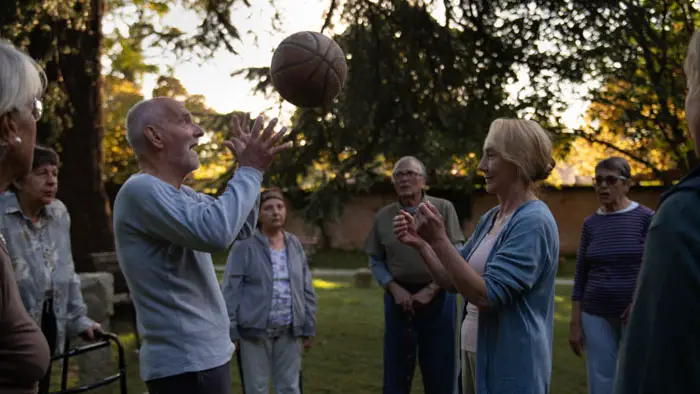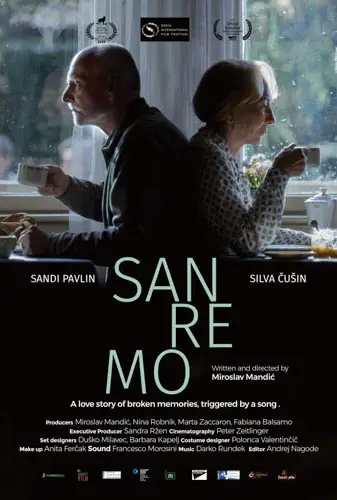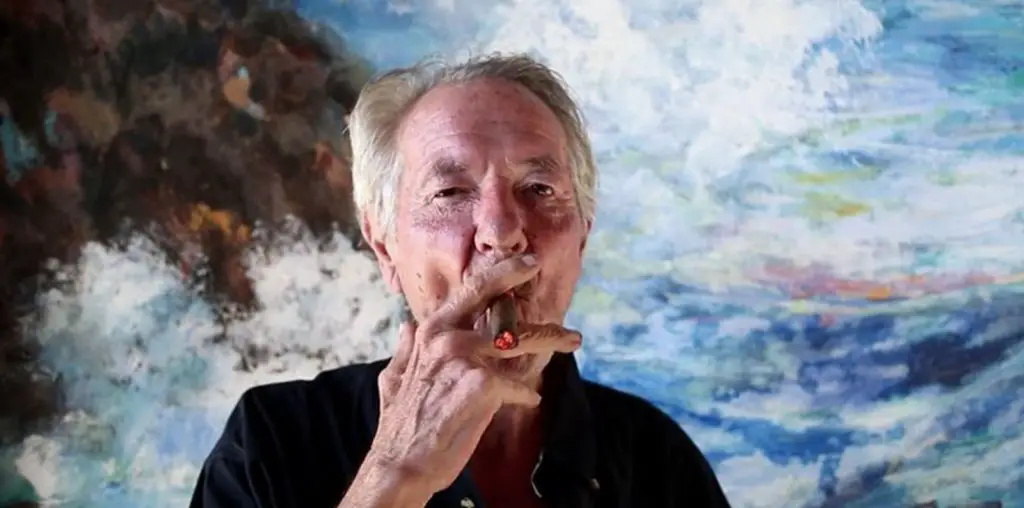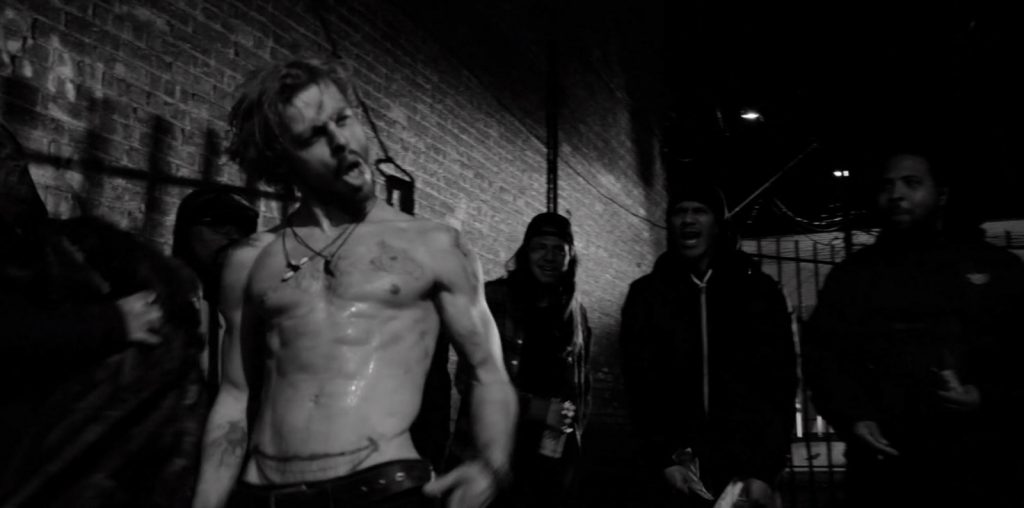
Sanremo, writer/director Miroslav Mandić’s sixth feature film, is a unique and heartbreaking romance that takes place at a nursing home. The first scene is of Bruno (Sandi Pavlin) trying to get back to the home he shares with his wife and dog. Once he arrives, he discovers it’s vacant and derelict, suggesting that no one has lived there for quite some time. It’s soon revealed that Bruno escaped the nursing home.
The employees are called, and Bruno is sent back to the institution. Fascinatingly, through gorgeous wide and medium shots, DOP Peter Zeitlinger portrays the nursing home as a place of warmth and compassion. The employees are sympathetic and try to keep everyone busy. The rooms are spacious, and the surrounding environment is beautiful. Even so, Bruno wants out, either because he’s lonely or his dementia is misleading him to believe his wife is still out there.
When not devising an escape, Bruno finds himself drawn to Duša (Silva Cusin), a tender and wise woman who also struggles to hold onto reality. Despite not remembering their interactions, the two are constantly drawn to each other. Together, they eat breakfast, make art projects, and throw a ball around outside. The story is a naturalistic look into the life of Bruno, a man who is not only trying to keep it together but who’s forced to relive his wife’s passing every time he’s reminded by his daughter.

“Despite not remembering their interactions, the two are constantly drawn to each other.”
There isn’t much going on in terms of narrative momentum, and the pacing and emotional impact somewhat suffer because of the minimal plotting. However, Sanremo thrives on the exquisite performances of Pavlin and Cusin. Pavlin’s ability to shed a tear and offer up a forlorn stare grounds the character. He seamlessly conveys Bruno’s physical and mental fatigue, making it easier for viewers to sympathize with him. Cusin is marvelous as Duša, bringing a lovely, soothing presence to the character that harmonizes with Bruno’s languor.
The conversations between Bruno and Duša, while endearing, foreground the palpable sadness of this story. Neither of them remembers interacting with one another the day before, which means they can’t ruminate on any memories they have of each other once either of them meets their unavoidable fate. But they converse as if they’ve always known each other. They are guided by feeling. Even a short-lived romance can bring much-needed happiness.
Mandić never foolishly turns to schmaltz to squeeze out any tears. Instead, the movie is consistently calm and staid, progressing naturally with the slow and cruel passing of time. The ending best captures the numbing isolation and uncertainty of Bruno’s reality as he makes his way through brumal terrain seeking comfort. Whether he finds it or not, at least he has the vigor to search for it.
Sanremo is a brilliantly-acted romance that moves you without taking any shortcuts. There’s a discernable realism and truthfulness to the screenplay. In one scene, Bruno says, “What has ended can’t start again.” Be that as it may, there’s always another story in need of a beginning.

"…a unique and heartbreaking romance..."


